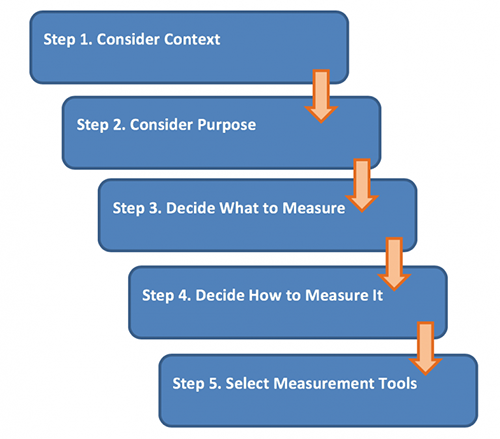Activities and Assessments
Our team has compiled basic and advanced resources and assessment tools to help you get started with Interprofessional Education (IPE).
Basic activities
Check out our list of curated resources and activities to get started with IPE.
Basic activities
- Participate in different learning activities centered on each IPE Core competency through these Learning Modules
- Curriculum Development Guide for Health Professions Faculty
- Plan and implement an interprofessional simulation day by downloading this guide
- Interprofessional Education Collaborative free podcasts from the University of New England
- Interprofessional Healthcare Informatics: Explore perspectives of different healthcare providers and dive into creativity, controversy, and collaboration in an IPE course (payment required)
- An introductory article on the roles of health professionals. Download the guides to building an IPE curriculum to view:
- Preceptor training video
- Patient case
- Instructor/student/facilitator guides
- 12 Tips for Education Needs Assessments Through an Interprofessional Lens: Concise resource of 12 tips to consider when developing an IPE activity. I feel this would be a good resource for someone who does not have a lot of experience developing IPE as a starting guide. Helpful for beginner; more thorough than IP Lens
- Team-building Exercise - Fear in a Hat: Write down a fear that a patient may feel or encounter when they come to hospital or are in the care of your team. The group discusses their understanding of this fear. This exercise is a good lead in to discussion around patient and family centered care and the role of the IP team
- Team-building Exercise - Stranded on a Mountain: Interactive collaborative learning session that also gives team members the chance to see what type of role they naturally take within a group - could be retooled to a more healthcare specific scenario
- Team Competencies Education - Facilitator's Guide: Interactive learning session for students that applies the team competencies
Assessment tools
Learn more about the assessment and evaluation tools to measure your IPE activities.
Assessment tools
Assess your readiness
A wide range of assessment and evaluation tools exist for measuring all aspects of Interprofessional Education activities. Here is some useful information and resources to get you started.
The National Center for Interprofessional Practice and Education, Practice Guide outlines five steps to consider for assessment planning:

Adapted from Steps for Developing and Assessment Plan, National Center for Interprofessional Practice and Education, Practice Guide: Volume 3, 2017. P.2. For internal and educational use only.
Assessment tools
Getting started in planning education for interprofessional training? Check out 12 Tips for Education Needs Assessments Through an Interprofessional Lens.
The National Center for Interprofessional Practice and Education provides a user friendly and efficient resource which allows for filtering options for individuals, teams, organizations and informal groups, which can be found at Assessment and Evaluation | National Center for Interprofessional Practice and Education.
Advanced activities
Ready to take the next step on IPE activities? Try out an advanced activity.
Interdisciplinary Team Simulation
/0x0:512x512/prod01/channel_2/media/mccms/content-assets/academics/residencies-and-fellowships/ophthalmology-residency-minnesota/overview/surgical-residency-video.jpg)
Interprofessional Team Simulation
5:18
Faculty: Anna Marie Spartz, R.R.T., L.R.T.; Ashokakumar Patel, M.D.; Diana Kelm, M.D.; Usha Asirvatham, M.S.N., R.N., RN-BC
"It's a good way to apply information you've learned in the classroom in a safe environment and learn from your mistakes." - Respiratory Care Student
"It's a great experience because you get to see the expertise that your co-students in other disciplines have." - Medical Student
Resources:
Interprofessional Education Special Interest Group (IPE SIG) Arizona
/0x0:512x512/prod01/channel_2/media/mccms/content-assets/about/academy-of-educational-excellence/resources-for-schools/AcademyVideo_IPESIG_AZ_1024X512.jpg)
Interprofessional Education Special Interest Group (IPE SIG) Arizona
5:37
This is an elective interprofessional education special interest group (IPE SIG) for learners in Arizona. Participants represent faculty and students from Mayo Clinic Alix School of Medicine, Mayo Clinic School of Health Sciences, and Arizona State University, Edson College of Nursing and Health Innovation.